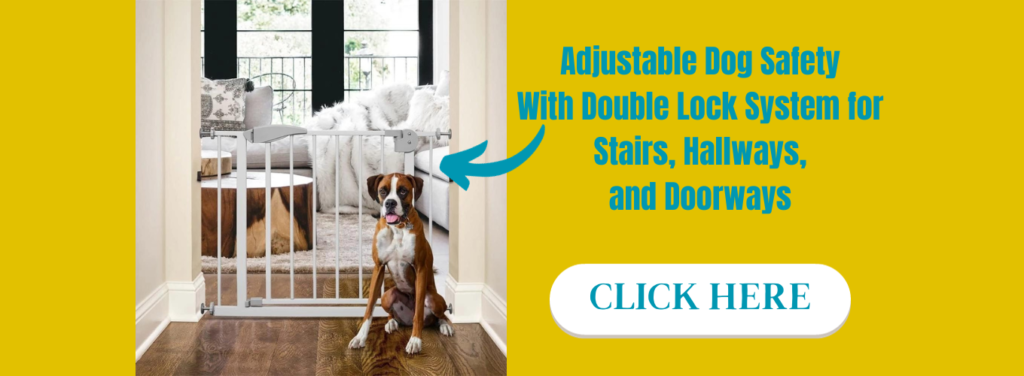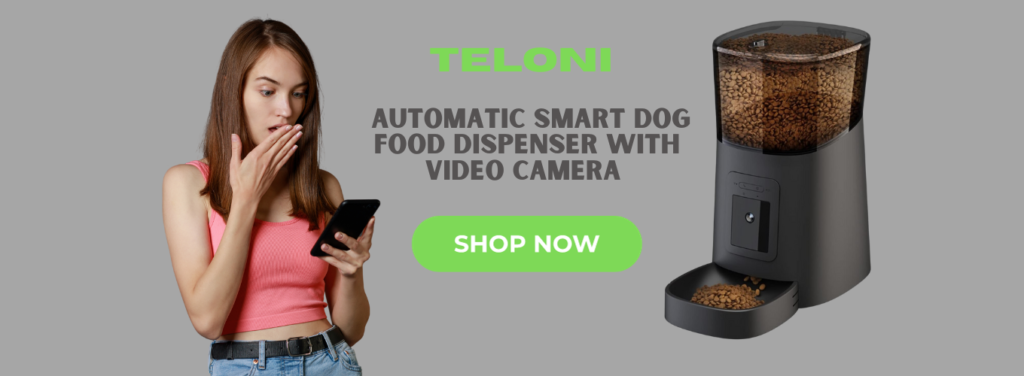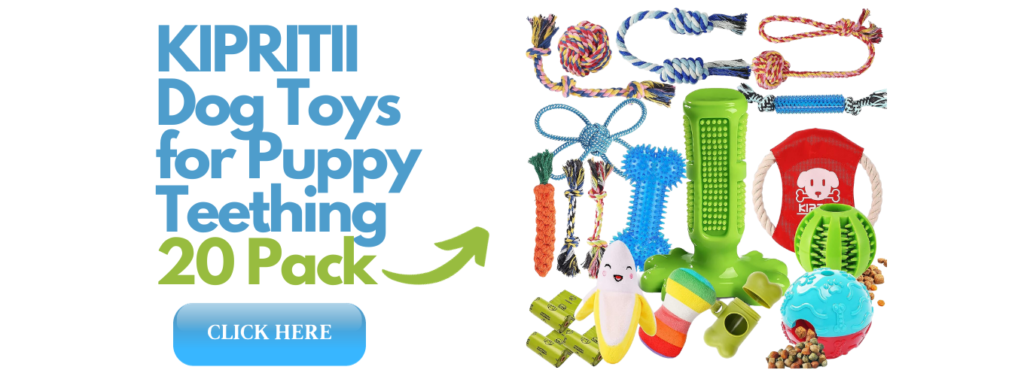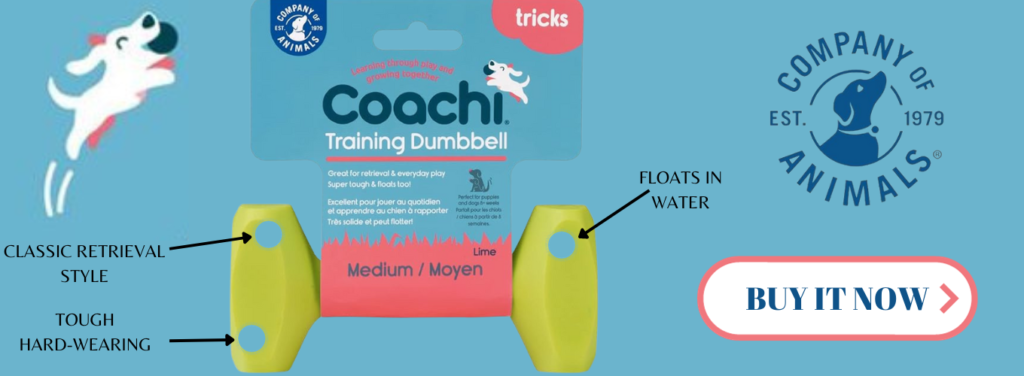
Preventive Care: The Key to Lifelong Health and Happiness for Your Dog
Preventive care plays a crucial role in ensuring the lifelong health and happiness of your furry friend. By taking proactive steps to prevent health issues and address them early on, you can help your dog live a longer and more fulfilling life. From regular veterinary check-ups to proper nutrition and exercise, grooming and hygiene practices, and training and socialization, there are several key aspects of preventive care that every dog owner should be aware of. In this article, we will explore these essential elements and provide key takeaways to help you keep your dog healthy and happy.
Key Takeaways
- Regular veterinary check-ups are essential for detecting and preventing health issues in dogs.
- Vaccinations and preventive medications protect dogs from common diseases and parasites.
- Dental care, including regular brushing and professional cleanings, is crucial for maintaining your dog’s oral health.
- A balanced diet and portion control are important for keeping your dog at a healthy weight.
- Regular exercise and mental stimulation are vital for a dog’s physical and mental well-being.
The Importance of Preventive Care

Regular Veterinary Check-ups
Regular veterinary check-ups are essential for maintaining your dog’s overall health and well-being. During these check-ups, the veterinarian will perform a thorough examination of your dog, checking for any signs of illness or underlying health conditions. They will also update your dog’s vaccinations and provide preventive medications to protect against common diseases and parasites. Additionally, the veterinarian will discuss any concerns or questions you may have about your dog’s health. It is important to schedule these check-ups annually to ensure early detection and treatment of any potential health issues. Remember, prevention is always better than cure.
Here is a table summarizing the recommended schedule for your dog’s vaccinations:
| Vaccination | Recommended Schedule |
|---|---|
| Rabies | Annually |
| Distemper | Every 3 years |
| Parvovirus | Every 3 years |
- Make sure to provide your dog with a balanced diet and regular exercise to support their overall health and immune system.
- Keep an eye out for any changes in your dog’s behavior or appetite, as these could be early indicators of health problems.
Remember, your veterinarian is your trusted partner in keeping your dog healthy and happy.
Vaccinations and Preventive Medications
Vaccinations and preventive medications are crucial in ensuring the health and well-being of your dog. Vaccinations protect your dog from potentially life-threatening diseases such as rabies, distemper, and parvovirus. These vaccinations should be administered according to a schedule recommended by your veterinarian. Additionally, preventive medications such as heartworm preventives and flea and tick preventives help protect your dog from parasites that can cause serious health issues. It is important to follow your veterinarian’s guidance on the appropriate medications and their dosages for your dog. Remember, prevention is key to keeping your dog healthy and happy.
Here is a table summarizing the common vaccinations and preventive medications for dogs:
| Vaccinations | Preventive Medications |
|---|---|
| Rabies | Heartworm Preventives |
| Distemper | Flea and Tick Preventives |
| Parvovirus |
Note: The table is for illustrative purposes only and may not include all available vaccinations and preventive medications.
Vaccinations and preventive medications play a vital role in safeguarding your dog’s health and preventing the spread of diseases. By staying up-to-date with vaccinations and following a preventive medication regimen, you can ensure your dog leads a healthy and happy life.
Dental Care for Dogs
Proper dental care is essential for your dog’s overall health and well-being. Regular brushing and dental check-ups can help prevent dental issues such as plaque and tartar buildup, bad breath, and tooth decay. It is recommended to use dog-friendly toothpaste and a soft-bristled toothbrush specifically designed for dogs. Additionally, providing dental chews or toys can help promote healthy teeth and gums. Remember, a healthy mouth leads to a happy dog!
Nutrition and Exercise for a Healthy Dog

Balanced Diet for Optimal Health
A balanced diet is essential for maintaining optimal health in dogs. It should include a combination of high-quality protein, carbohydrates, fats, vitamins, and minerals. Protein is particularly important for muscle development and repair. Carbohydrates provide energy, while fats help with nutrient absorption and provide essential fatty acids. Vitamins and minerals are necessary for various bodily functions. It is important to consult with a veterinarian to determine the specific nutritional needs of your dog. Additionally, portion control and weight management are crucial to prevent obesity and related health issues. Providing a balanced diet and monitoring your dog’s weight can help ensure a long and healthy life. Here is an example of a balanced diet for a dog:
| Meal | Ingredients |
|---|---|
| Breakfast | Chicken, brown rice, and vegetables |
| Lunch | Fish, sweet potatoes, and green beans |
| Dinner | Beef, quinoa, and carrots |
Remember to always provide fresh water and avoid feeding your dog harmful foods such as chocolate, onions, and grapes. As the saying goes, ‘You are what you eat,’ and the same applies to our furry friends.
Portion Control and Weight Management
Proper portion control and weight management are crucial for maintaining a healthy dog. Overfeeding can lead to obesity, which can increase the risk of various health issues such as diabetes, joint problems, and heart disease. It is important to follow the recommended feeding guidelines provided by your veterinarian based on your dog’s age, size, and activity level. Additionally, monitoring your dog’s weight regularly and adjusting the portion size accordingly can help prevent excessive weight gain. Regular exercise is also essential for weight management and overall well-being. Engaging in activities such as daily walks, playtime, and mental stimulation not only helps burn calories but also keeps your dog physically and mentally stimulated. Remember, a healthy weight contributes to a happier and longer life for your furry friend.
| Benefits of Proper Portion Control and Weight Management |
|---|
| 1. Maintains a healthy weight |
| 2. Reduces the risk of obesity-related health issues |
| 3. Improves overall well-being |
| 4. Increases lifespan |
“A balanced diet and regular exercise are the keys to keeping your dog at a healthy weight.”
Regular Exercise and Mental Stimulation
Regular exercise and mental stimulation are essential for maintaining a healthy and happy dog. Physical activity helps to keep your dog’s weight in check and promotes cardiovascular health. It also provides an outlet for their energy and helps prevent behavioral problems. Mental stimulation, such as puzzle toys and interactive games, can keep your dog’s mind sharp and prevent boredom. Incorporating a variety of activities into your dog’s routine, such as walks, playtime, and training sessions, can provide both physical and mental stimulation. Remember, a tired dog is a well-behaved dog.
| Exercise Benefits for Dogs |
|---|
| – Helps maintain a healthy weight |
| – Promotes cardiovascular health |
| – Prevents behavioral problems |
| – Provides an outlet for energy |
| – Keeps the mind sharp |
Regular exercise and mental stimulation are key to ensuring your dog’s overall well-being and happiness.
Grooming and Hygiene Practices

Regular Bathing and Brushing
Regular bathing and brushing are essential for maintaining your dog’s hygiene and overall health. Bathing helps remove dirt, allergens, and parasites from your dog’s skin and coat, while brushing helps prevent matting and keeps the coat clean and shiny. It is recommended to use dog-specific shampoos that are gentle on their skin and avoid using human products. Additionally, regular brushing helps distribute natural oils and stimulates blood circulation, promoting a healthy coat. Remember to use a dog brush suitable for your dog’s coat type.
To make bath time more enjoyable for your dog, use positive reinforcement and reward them with treats or praise. However, be cautious not to bathe your dog too frequently as it may strip their coat of natural oils and cause dryness.
Table: Recommended Bathing Frequency
| Dog Size | Bathing Frequency |
|---|---|
| Small (under 20lbs) | Once every 3-4 weeks |
| Medium (20-50lbs) | Once every 2-3 weeks |
| Large (50-100lbs) | Once every 1-2 weeks |
| Extra Large (over 100lbs) | Once every 1 week |
Remember, maintaining a regular bathing and brushing routine is essential for keeping your dog clean, comfortable, and healthy.
Nail Trimming and Ear Cleaning
Regular nail trimming and ear cleaning are essential grooming practices for dogs. Nail trimming helps prevent overgrowth and discomfort, while ear cleaning helps prevent infections. It is important to use proper techniques and tools to ensure your dog’s safety and comfort. When trimming nails, be cautious not to cut too close to the quick, which can cause bleeding. For ear cleaning, use a gentle cleanser recommended by your veterinarian and carefully clean the outer ear without inserting anything into the ear canal. Remember to reward your dog with treats and praise for their cooperation during these grooming sessions. Keeping your dog’s nails and ears clean and healthy is an important part of their overall well-being.
Here are some tips for nail trimming and ear cleaning:
- Use a sharp and appropriate-sized nail trimmer.
- Have styptic powder or cornstarch on hand in case of bleeding.
- Clean the ears with a cotton ball or pad soaked in ear cleanser.
Regular grooming practices not only keep your dog looking their best, but also contribute to their overall health and happiness.
Flea and Tick Prevention

Flea and tick prevention is an essential part of preventive care for dogs. These pesky parasites can cause a range of health issues, including skin irritations, infections, and even diseases. To protect your dog from fleas and ticks, it is important to use preventive medications and regularly inspect your dog’s fur for any signs of infestation. Additionally, maintaining a clean and hygienic environment for your dog can help prevent these parasites from taking hold. Remember, prevention is always better than treatment when it comes to flea and tick control.
Here is a simple table outlining some common preventive medications:
| Medication | Administration | Duration of Protection |
|---|---|---|
| Spot-on treatments | Applied topically | 1 month |
| Oral medications | Given orally | 1-3 months |
Remember to consult your veterinarian for the most suitable medication for your dog’s specific needs.
Fleas and ticks can be a nuisance, but with proper preventive measures, you can keep your dog happy and healthy.
Training and Socialization for a Well-Behaved Dog
Basic Obedience Training
Basic obedience training is an essential part of raising a well-behaved dog. It helps establish a strong foundation of communication between you and your furry friend. Through training, your dog learns important commands such as sit, stay, and come, which are crucial for their safety and your peace of mind. Additionally, training provides mental stimulation and helps prevent behavioral issues. Consistency and positive reinforcement are key when it comes to training your dog. Remember, a well-trained dog is a happy dog!
Socializing with Other Dogs and People
Socializing your dog with other dogs and people is crucial for their development and overall well-being. Interacting with different dogs and people helps dogs learn appropriate social behavior and build confidence. It also reduces the risk of aggression and anxiety. During socialization, dogs should be exposed to various environments, sounds, and situations. Positive reinforcement training methods can be used to encourage desired behaviors. It is important to supervise interactions and intervene if necessary. Remember, a well-socialized dog is a happy and well-adjusted dog.
| Benefits of Socializing Your Dog |
|---|
| Helps develop good social skills |
| Reduces fear and aggression |
| Builds confidence |
Socialization is not just about dogs. It’s about people too. By exposing your dog to different types of people, you can help them become comfortable and friendly with strangers. This is especially important if you want your dog to be a well-behaved and sociable member of your family and community.
Addressing Behavioral Issues
Training and socialization are essential for addressing behavioral issues in dogs. Basic obedience training helps establish a foundation of good behavior and teaches dogs how to respond to commands. Socializing with other dogs and people helps dogs become comfortable in different environments and reduces the likelihood of aggression or fear-based behaviors. When addressing specific behavioral issues, it is important to seek professional help from a certified dog trainer or animal behaviorist. They can provide guidance and develop a tailored training plan to address the specific issue. Remember, patience and consistency are key when working on behavioral issues with your dog.
A helpful resource for finding a certified dog trainer or animal behaviorist is the Certification Council for Professional Dog Trainers (CCPDT) website. They have a directory of professionals who have met their rigorous standards and can provide expert guidance.
Frequently Asked Questions

Why is preventive care important for dogs?
Preventive care helps maintain the overall health and well-being of dogs by detecting and preventing potential health issues before they become serious.
How often should I take my dog for regular veterinary check-ups?
It is recommended to take your dog for regular veterinary check-ups at least once a year, or as advised by your veterinarian.
What vaccinations are necessary for dogs?
Common vaccinations for dogs include rabies, distemper, parvovirus, hepatitis, and canine influenza. The specific vaccinations required may vary depending on your dog’s age, lifestyle, and local regulations.
What preventive medications should I give my dog?
Preventive medications for dogs may include flea and tick preventives, heartworm preventives, and deworming medications. Consult with your veterinarian to determine the most suitable preventive medications for your dog.
How often should I brush my dog’s teeth?
Ideally, you should brush your dog’s teeth daily or at least several times a week to maintain good dental hygiene. Use a dog-specific toothbrush and toothpaste to prevent tooth and gum problems.
How can I ensure my dog gets a balanced diet?
To ensure a balanced diet for your dog, feed them high-quality commercial dog food that is appropriate for their age, size, and breed. Consult with your veterinarian for specific dietary recommendations.
